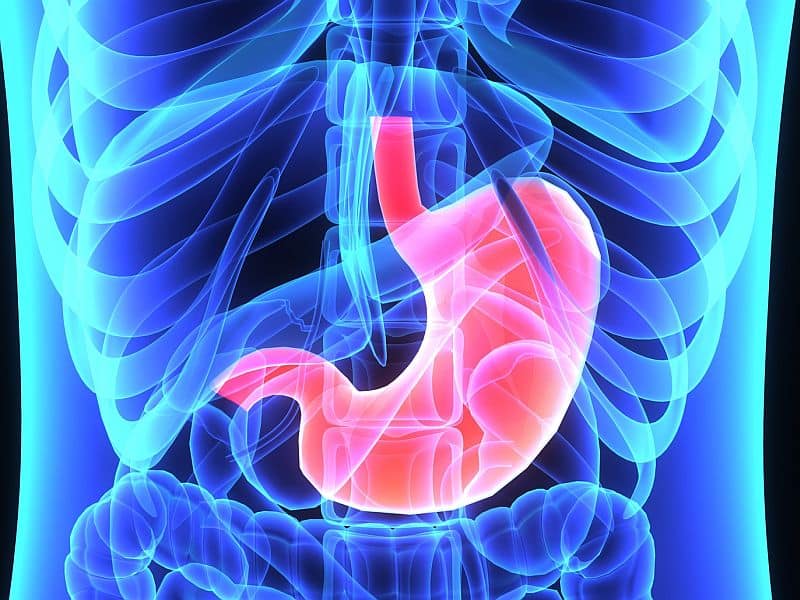In children with inflammatory bowel disease (IBD), researchers sought to compare the prevalence of infusion reactions (IR) between infliximab (IFX) and infliximab biosimilar (IFX-abda) at standard and rapid rates and assess the effect on health care costs. Over 21 months, the medical records of participants receiving IFX and IFX-abda were examined. The IRs and demographics were recorded. The average wholesale price, infusion duration, nursing time, and infusion center output were applied in the cost study. About 56 individuals were administered 498 infusions. About 16 participants were administered IFX and IFX-abda. There were 13 IRs, representing a frequency of 2.6%. Around 1 subject accounted for 8 of 13 (62% of IRs). Both the data with and without the outlier were evaluated. Standard rate infusion of both IFX and IFX-abda was linked with an increased risk of IR compared to a rapid rate. However, this association only reached statistical significance for IFX when the outlier was eliminated from the calculations. There was no statistically significant difference in IR risk between IFX and IFX-abda for standard and quick exchange rates. On average, IFX-abda saved $2,611 per infusion. Rapid infusion saved 70 minutes of infusion time, 20 minutes of anticipated nursing time per infusion, and 2 hours per infusion in the infusion center. Rapid IFX-abda looked safe without an increase in IRs and reduced costs.
Source:journals.lww.com/jpgn/Abstract/2022/05000/Rapid_Infliximab_Biosimilar_Infusion_in_Children.11.aspx


